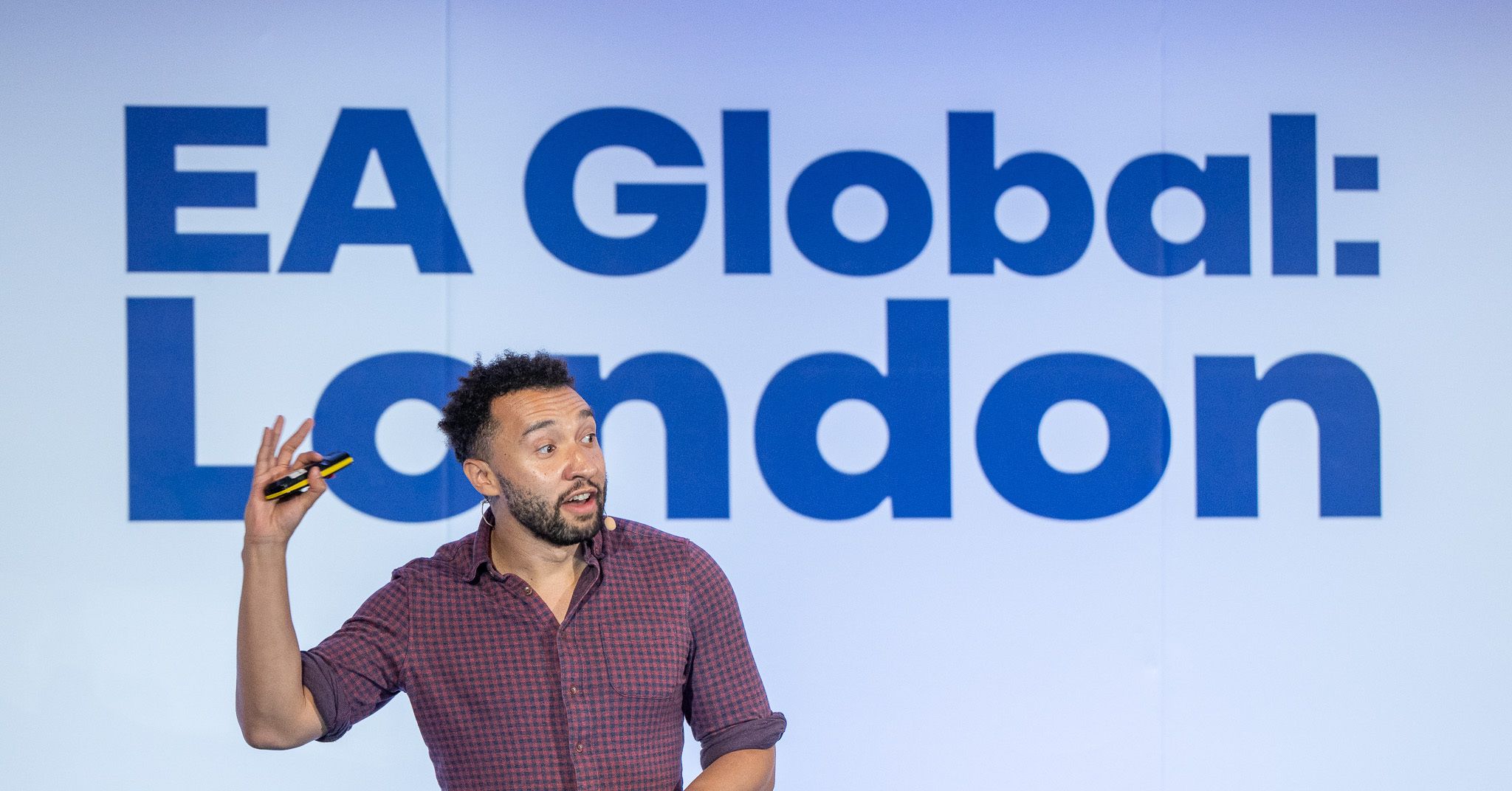I think that someone should write a detailed history of the effective altruism movement. The history that currently exists on the forum is pretty limited, and I’m not aware of much other material, so I think there’s room for substantial improvement. An oral history was already suggested in this post.
I tentatively planned to write this post before FTX collapsed, but the reasons for writing this are probably even more compelling now than they were beforehand. I think a comprehensive written history would help…
- Develop an EA ethos/identity based on a shared intellectual history and provide a launch pad for future developments (e.g. longtermism and an influx of money). I remember reading about a community member who mostly thought about global health getting on board with AI safety when they met a civil rights attorney who was concerned about it. A demonstration of shared values allowed for that development.
- Build trust within the movement. As the community grows, it can no longer rely on everyone knowing everyone else, and needs external tools to keep everyone on the same page. Aesthetics have been suggested as one option, and I think that may be part of the solution, in concert with a written history.
- Mitigate existential risk to the EA movement. See EA criticism #6 in Peter Wildeford’s post and this post about ways in which EA could fail. Assuming the book would help the movement develop an identity and shared trust, it could lower risk to the movement.
- Understand the strengths and weaknesses of the movement, and what has historically been done well and what has been done poorly.
There are a few ways this could happen.
- Open Phil (which already has a History of Philanthropy focus area) or CEA could actively seek out someone for the role and fund them for the duration of the project. This process would give the writer the credibility needed to get time with important EA people.
- A would-be writer could request a grant, perhaps from the EA Infrastructure Fund.
- An already-established EA journalist like Kelsey Piper could do it. There would be a high opportunity cost associated with this option, of course, since they’re already doing valuable work. On the other hand, they would already have the credibility and baseline knowledge required to do a great job.
I’d be interested in hearing people’s thoughts on this, or if I missed a resource that already exists.



I wonder whether Larissa MacFarquhar would be interested? She wrote about the early EA community in her 2015 book Strangers Drowning (chapters "At Once Rational and Ardent" and "From the Point of View of the Universe") and also wrote a 2011 profile of Derek Parfit.